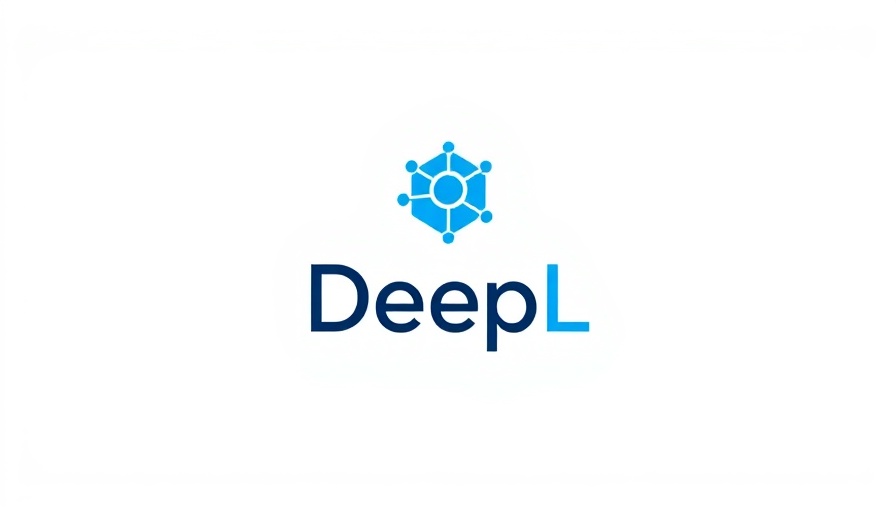
Embracing AI: UNH's Innovative Approach to Research
The landscape of academia is rapidly shifting, mostly due to the growing role of artificial intelligence (AI) tools like generative AI. At the University of New Hampshire (UNH), the evolution of technologies such as ChatGPT has prompted action and collaboration amongst its faculty. They are critically examining the ethical considerations, the implications for research integrity, and how these powerful tools can be effectively integrated into academic workflows.
Ensuring Integrity in Research
The Responsible Conduct of Research and Scholarly Activity Committee (RCR) at UNH, spearheaded by Dr. Julie Simpson, is taking a proactive stance by developing guidelines to ensure that the use of AI aligns with the university's values on integrity. Since the debut of generative AI, the committee has actively engaged in discussions that result in resources like the Simple Guide to Using Generative Artificial Intelligence Writing Tools in Research and Scholarship.
The Need for Collaboration
According to Dr. Anthony Westbrook, the deputy director of research computing, the emergence of large language models has facilitated an increased need for collaboration among committees. This teamwork is essential to blend technological insights with academic requirements. As institutions embrace AI, ensuring that researchers have secure platforms, like DeepThought developed by USNH, becomes critically important. This individualized service allows researchers to protect sensitive data while utilizing AI's vast capabilities.
Defining the Future of AI in Academia
While there are commendable advancements, Dr. Simpson emphasizes that formal policies surrounding AI's role in research are still in development. She notes the rapid evolution of the technology poses ongoing challenges, making it crucial for academic institutions to adapt swiftly. The voices of faculty from various disciplines enrich these discussions, enhancing the university's approach to AI while adhering to core academic values.
Benefits Beyond Research
It’s not just research integrity that’s being explored at UNH. The practical applications of AI tools offer broader benefits. Students and academics can enhance their research efforts, streamline workflow, and improve educational outcomes by utilizing these technologies effectively.
The conversation surrounding AI in the academic realm is both relevant and crucial. By continuing to innovate while maintaining ethical standards, UNH is setting an example for educational institutions worldwide. Students, faculty, and stakeholders are encouraged to engage with these evolving technologies, reflecting on how they can contribute to groundbreaking projects while upholding integrity in their work.
As the academic world navigates AI’s introduction into various academic and administrative processes, staying informed and proactive is paramount. Schools across the globe can learn from UNH’s example of innovation balanced with integrity in using AI to reshape educational practices.
To delve deeper into your understanding of AI and its implications in research, you can check out insightful resources available online. Remember, in this digitally driven age, the way forward is not just about embracing technology; it’s about understanding how to harness its potential responsibly. Let’s keep up the conversation and explore these exciting advancements together.
 Add Row
Add Row  Add
Add 




 Add Row
Add Row  Add
Add 

Write A Comment